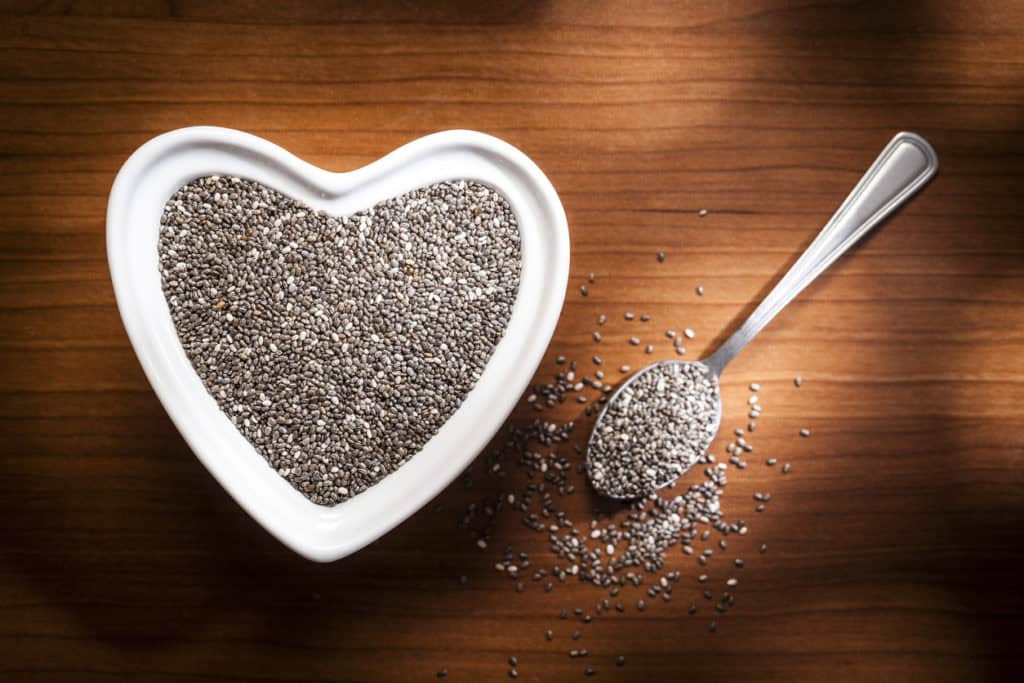Irritable Bowel Syndrome (IBS) is a common disorder of the gastrointestinal tract (GIT), presenting with symptoms in both the upper and lower regions of the tract. These symptoms commonly include discomfort, excessive wind and bloating alongside changeable bowel habits. While diagnostic criteria for IBS includes alternating constipation and diarrhoea, there is often a tendency towards one or the other.
Coeliac Disease (CD) is an autoimmune disease that leads to a permanent intestinal intolerance to gluten. Like all autoimmune diseases CD involves an unnecessary immune reaction that encourages the body to attack itself. In the instance of CD, the villi in the small intestines are attacked. These villi, which are hair-like structures lining the GIT, are crucial to digestion. By increasing the surface area of the GIT, they allow for an optimal rate of absorption. Through exposure to gluten, CD sufferers produce antibodies that destroy or flatten the villi. Consequently, the surface area alongside the GIT lining is greatly reduced and food is very quickly processed. This means less nutrient absorption and a fast transit time, leading to diarrhoea. The gastrointestinal symptoms associated with coeliac disease are similar to those associated with IBS.
Here are six foods you can eat to help alleviate pain and discomfort associated with IBS and CD.
Quinoa
Gluten-free quinoa is a seed that contains all the essential amino acids required to be considered a complete protein. If you’re having a meat-free day, add quinoa to a salad for extra protein.
Amaranth
Amaranth was traditionally considered a seed, but is now acknowledged as a gluten-free grain. As a complete protein, amaranth is a good source of iron and makes a tasty porridge if using flakes.
Coconut flour
Coconut flour is very high in fibre and only needed in small amounts when used as a gluten-free flour. By swapping regular flour for this flavoursome one, you will enjoy the antifungal benefits as well.
Almond meal
Almond meal is an easy substitute to use in baking when you’re avoiding gluten. It provides a nutty flavour and has good levels of calcium. An orange and almond meal cake is a popular gluten-free treat.
Chia seeds
Chia seeds are a great alternative to using grains in cooking, as their gelatinous nature allows them to pull in and hold onto water, acting as a binding agent with extra anti-inflammatory action.
Millet
With its beautiful golden colour and round form, millet is packed full of nutrients. It acts like a broom for the digestive tract, relieving the bloating and discomfort associated with constipation.
RELATED




